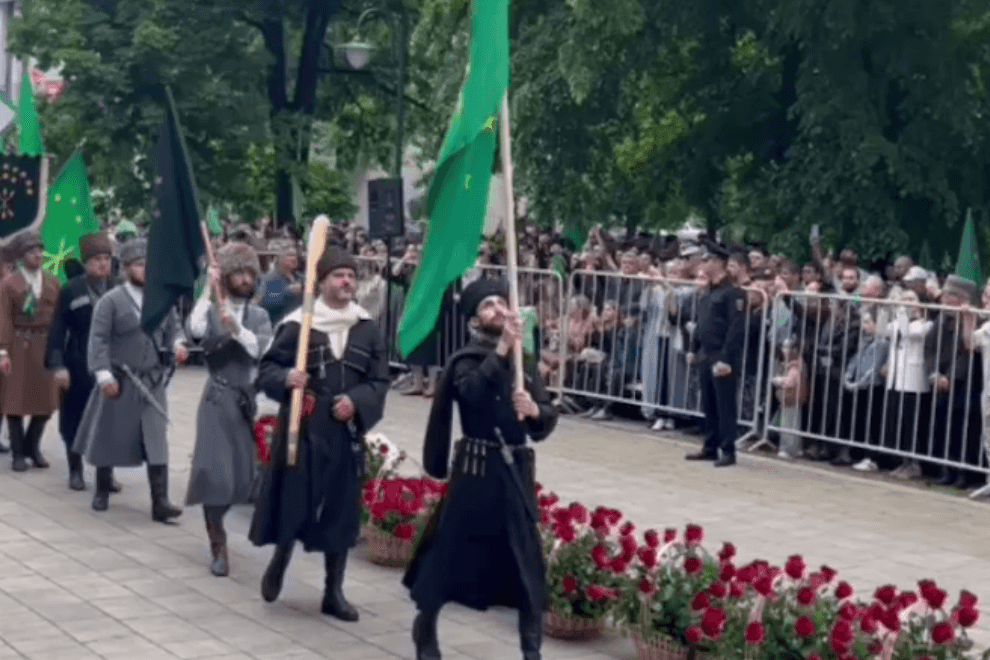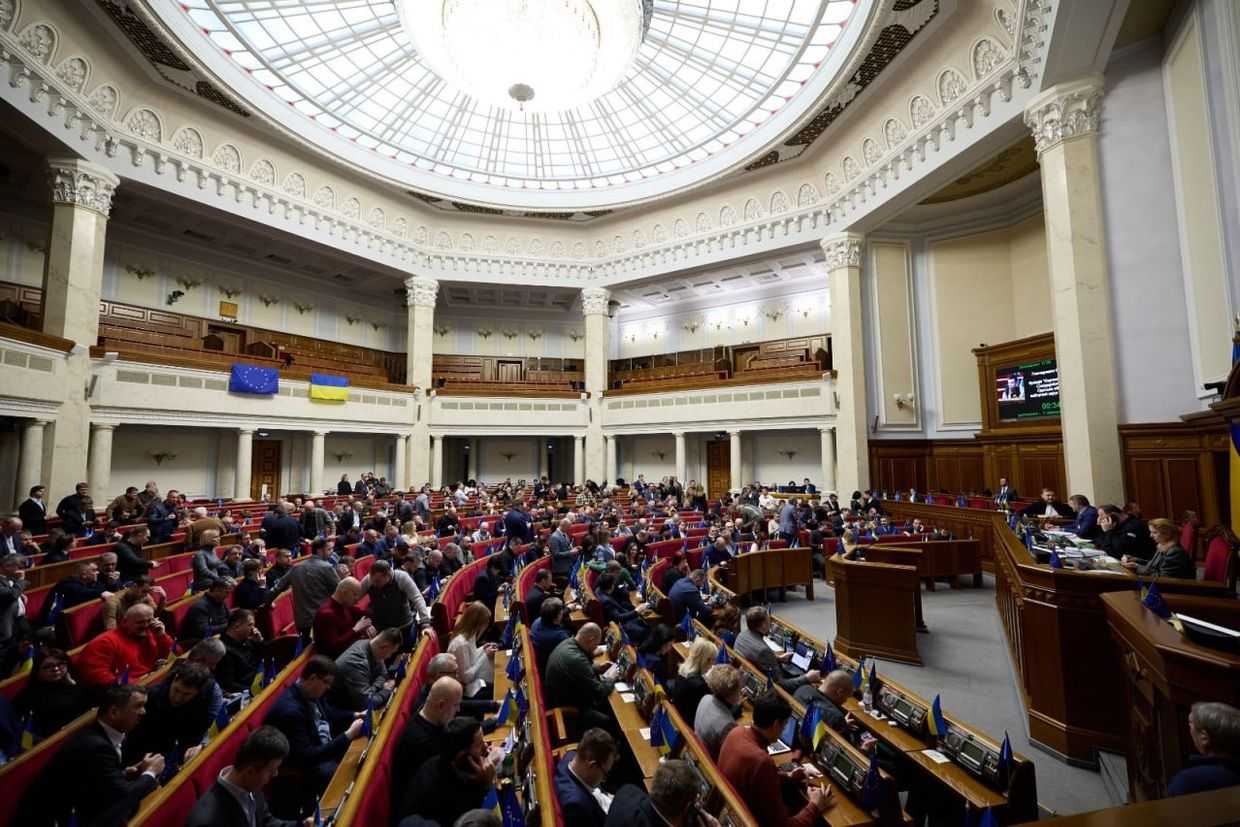
Circassians in the Caucasus and the diaspora have commemorated the 161st anniversary of the Circassian Genocide with marches held in the North Caucasus, Turkey, and Syria on 21 May.
The genocide perpetrated by the the Russian Empire was the culmination of its 19th century conquest in the Caucasian War, which saw the occupation of the North Caucasus by Russia.
Hundreds of thousands of Circassians were killed by Russian forces during the Russo–Circassian War — the western theatre of the Caucasian War — while the vast majority of Circassia’s surviving population was deported to the Ottoman Empire in the aftermath of the war.

Denizens of the three North Caucasian republics where Circassians are politically represented — Adygea, Karachay–Cherkessia, and Kabarda–Balkaria — annually commemorate 21 May as the official end date of the war and the subsequent mass deportation of the Circassians.
The most prominent events commemorating the genocide in the North Caucasus usually take place in Nalchik, the capital of Kabarda–Balkaria, where on Wednesday, Circassians marched through the streets of the capital towards the Tree of Life, a monument dedicated to the victims of the Caucasian War.
The authorities in the Kabarda-Balkaria have banned the commemoration of the genocide in Nalchik in previous years — a ban which was largely uninforced.
This year, the authorities approved the public commemoration of the genocide, with Kabarda–Balkaria Head Kazbek Kokov, who is ethnically Circassian, also participating in the march to the Tree of Life.
According to RFE/RL, hundreds of people participated in the event.
In a statement published on the same day, Kokov commemorated the day as the ‘161st anniversary of the end of the Caucasian War’, which he described as the ‘result of a clash of geopolitical interests of a number of leading states at the time’.
While acknowledging that the Circassians ‘suffered enormous human and material losses’ as a result of the war, Kokov also appeared to allude to the union or ‘voluntary entry’ of Kabarda — also referred to as Eastern Circassia — into Russia ‘almost half a millennium ago’.
Celebrations of Kabarda’s ‘voluntary union’ with Russia are held on 8 September every year in Kabarda–Balkaria, based on historical narratives suggesting that Eastern Circassia was already subordinate to the Russian Empire prior to its conquest of the North Caucasus and expulsion of Circassians from the region.
‘[The union] played a crucial role in the future of the Adyghe people, served and continues to serve as a reliable basis for preserving and enhancing their distinctive traditions, rich cultural and spiritual heritage, for developing and creating as part of a strong and powerful Russian state’, Kokov wrote.
‘I am convinced that by remaining true to the traditions of unity and cohesion of our predecessors, their devotion to the Fatherland, we will be able to overcome all difficulties, achieve our goals in the name of the well-being and prosperity of our native Kabarda–Balkaria and our entire great country.’
Several marches were held throughout the neighbouring Karachay–Cherkessia as well, where according to RFE/RL a rally took place at the monument dedicated to the victims of the Caucasian War in the capital Cherkessk to honour the memory of the Circassian, Abazin, and Nogay victims of the war.
Circassians in Adygea and Krasnodar Krai also held several similar marches.
In the diaspora, the Circassians of Syria held what was reportedly their first ever public commemoration of the genocide. North Press, a Syrian news outlet, reported that Circassians were unable to commemorate the genocide under the recently deposed al-Assad regime, which maintained a close alliance with Russia.
Dozens of Syrian–Circassians commemorated the genocide with a brief rally at Damascus’ central Ummayyad Square, dressed in traditional Circassian clothes and carrying posters reading ‘We do not forget, we do not forgive’.
Speaking to North Press, the head of the Sons of the Caucasus Association, Muhammad Ali, said ‘the Circassian nation has for the first time in Syria’s history come out to commemorate this anniversary’.
‘Today, we are able to express our identity, we Circassians are a component of the Syrian nation, and that in itself is an indescribable feeling’, Ali said, adding that over 700 Circassians out of ‘no more than 100,000’ had died during the Syrian Civil War over the last decade.









